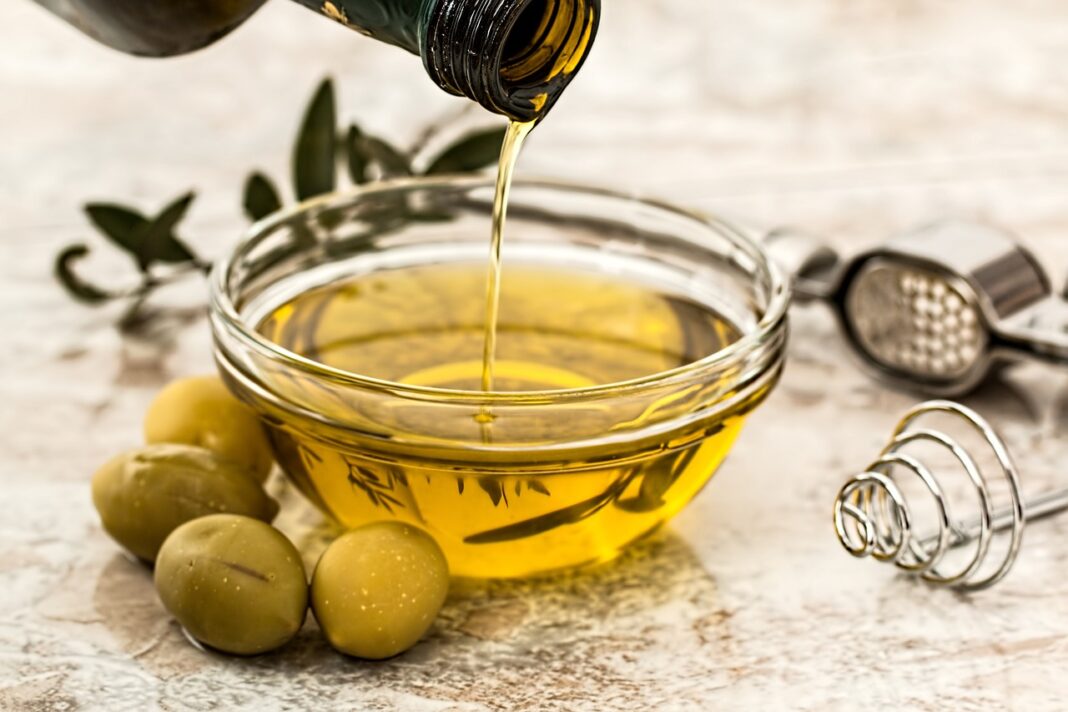We might not want to admit it, but I think we all know about dandruff…probably from first hand experience. It isn’t the best feeling when you’re standing in front of the mirror running a comb through your, and you find little flakes tangled into your hair. Luckily, dandruff isn’t incurable.
Causes of Dandruff:
Our scalp, like the rest of our skin, sheds dead skin cells. Dandruff occurs when this shedding process in the scalp is sped up. A major cause of dandruff is a dry scalp. Some causes of a dry scalp include exposure to dry air (especially during the winter months), excessive washing, and pre-existing skin condition such as eczema. Other potential causes of dandruff include fungal infections of the scalp, oils secreted by the scalp, and sensitivity to substances like hair care products.
Most people have a type of fungus called Malassezia living on their scalps. This fungus usually does not cause any harm, but research shows that in people with dandruff, this fungus causes skin irritation and flaking on the scalp.
There are various over the counter (OTC) products available to help reduce dandruff such as medicated anti dandruff shampoo, but the following home remedies can be just as effective.
Home Remedies for Dandruff:
- Tea Tree Oil
Tea tree oil has been used to treat various types of skin issues such as acne as it is known to have antimicrobial and anti-fungal properties that could help to alleviate the symptoms of dandruff. It can also fight the Malassezia fungus, therefore addressing one of the root causes of dandruff.
It is very important to not use tea tree oil undiluted as, being a strong essential oil, it can cause irritation to those with sensitive skin. It is better to dilute it with carrier oils like coconut oil.
2. Coconut Oil
Coconut oil acts as a moisturizer for dry skin. It improves skin hydration, prevents dryness, and can decrease inflammation of the scalp.
In a 16 week research study with 140 women, coconut oil helped to improve the scalp microbiome, and certain markers of dandruff.
Coconut oil has also shown to have antimicrobial properties.
3. Aspirin
Aspirin is an over the counter pain reliever that can be used to relieve some symptoms of dandruff. It contains salicylic acid, which is an ingredient commonly used in dandruff shampoos. Salicylic acid can exfoliate dandruff flakes, prevent oil buildup, and reduce inflammation on the scalp.
It is recommended to crush one or two uncoated aspirin tablets into a dollop of your shampoo before using it. This way, you can try using salicylic acid on your dandruff.
4. Apple Cider Vinegar (ACV)
Apple cider vinegar’s acidity helps to balance the pH level of the scalp. This in turn reduces fungal growth on the scalp and can fight dandruff.
You can use ACV by adding a few tablespoons to your shampoo and just spray it onto your hair.
5. Regulating Consumption of Certain Foods
Certain dietary modifications can help with fungal growth as they can control yeast growth and improve the gut microbiome. These can aid in the treatment of dandruff.
Some foods that you may consider limiting are:
- Refined carbs like white bread, pasta, or crackers.
- Red meat.
- Processed foods.
- Fried foods.
- Sugary foods and beverages.
Some foods can also trigger a sudden increase in skin conditions such as eczema which can give rise to dandruff.
Conclusion:
The above 5 remedies/strategies are the most commonly used and recommended for treating dandruff. Although these can be helpful, more research needs to be done in order to confirm the benefits that they have against dandruff. If you try a home remedy and find that it has a detrimental effect on your dandruff, it is crucial to go to a professional to seek medical advice.
Dandruff can make many people feel self-conscious about themselves. The important thing to remember, though, is that there is always a way to stop those tiny flakes from falling from your scalp.

